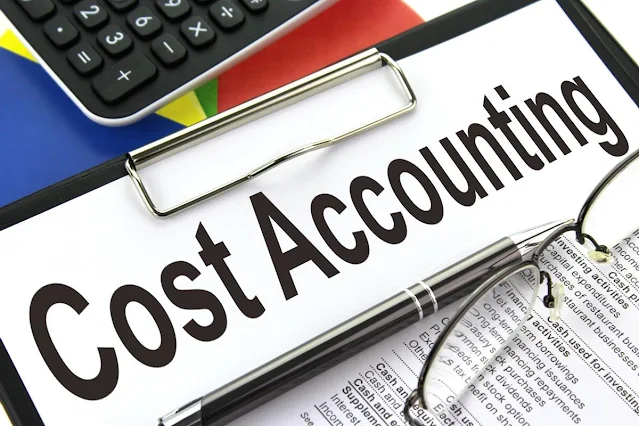Financial Accounting and Reporting
This course introduces the nature, functions, scope, and limitations of the broad field of accounting theory. It deals with the study of the theoretical accounting framework objectives of financial statements, accounting conventions, and generally accepted accounting principles, standard setting process for accounting practice, national as well as international principles relating to the preparation and presentation of financial statements, the conditions under which they may be appropriately applied, their impact or effect on the financial statements; and the criticisms commonly leveled against them. The course covers the detailed discussion, appreciation, and application of accounting principles covering the assets, financial and non-financial. Emphasis is given on the interpretation and application of theories of accounting in relation to cash, temporary investments, receivables, inventories, prepayments, long-term investments, property, plant and equipment, intangibles, and other assets, including financial statement presentation and disclosure requirements. The related internal control, ethical issues, and management of assets are also covered. Exposure to computerized system in receivables, inventory, and lapsing schedules is a requirement in this course.









